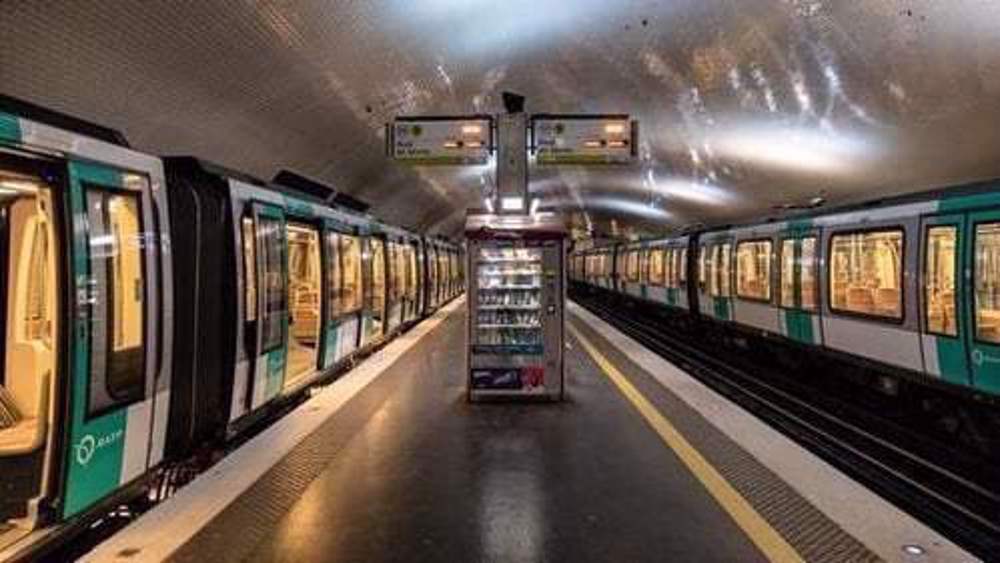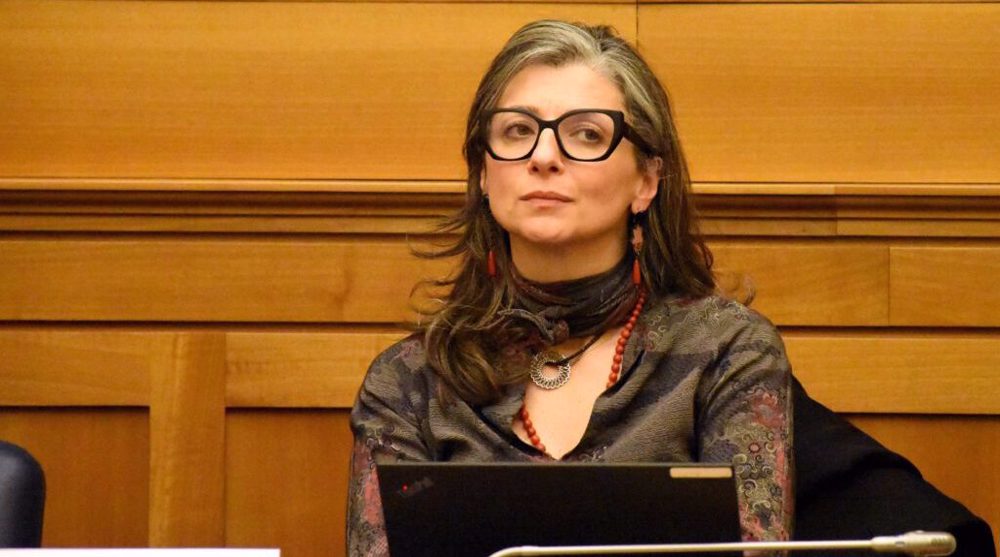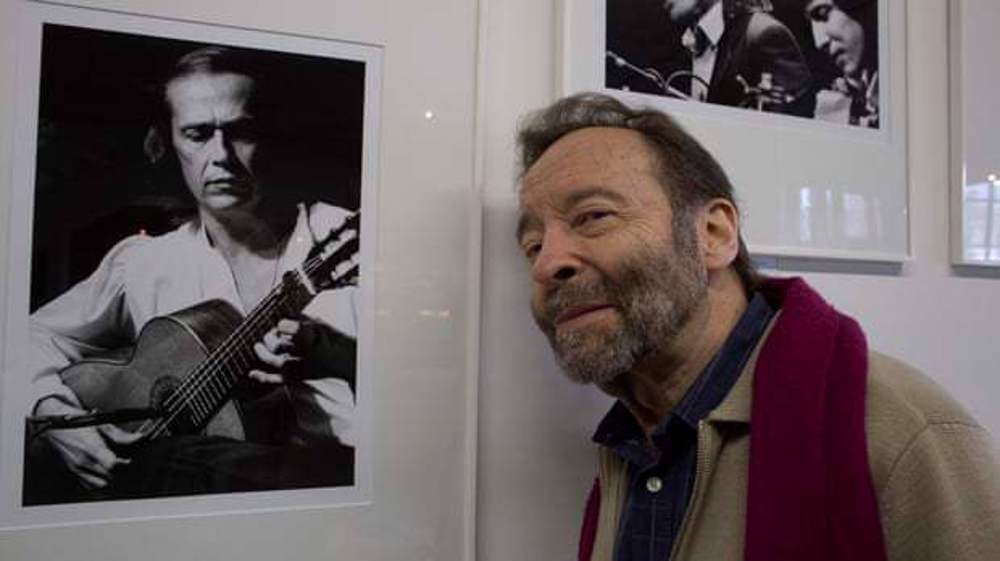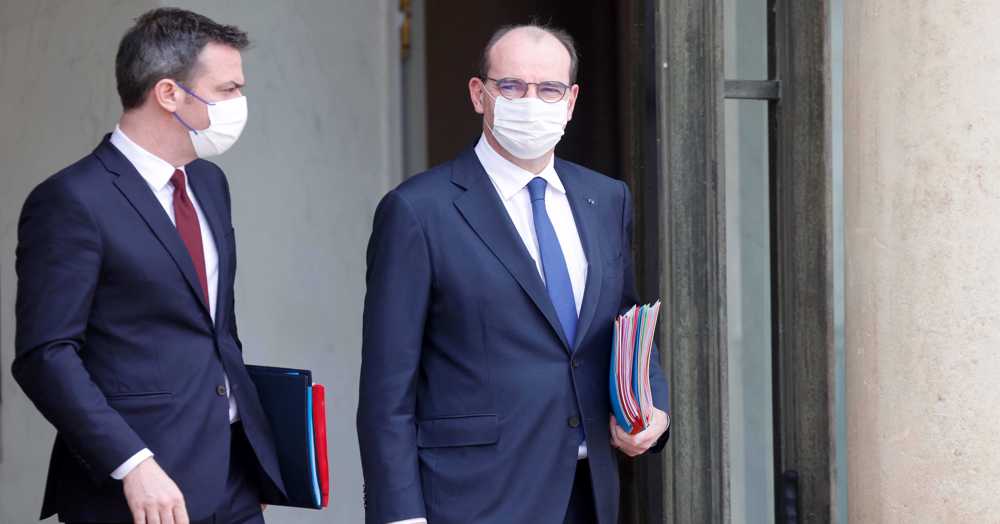Paris transport strike over wages disrupts daily commute for millions
A massive work stoppage in the French capital Paris has crippled the city’s metro network and its train grid, affecting the daily commutes of millions of people, as striking workers demand higher wages.
Eight subway lines were shut down on Friday, with the remaining six operating only partially, while two of the city's RER north-to-south and east-to-west lines were also heavily impacted, Paris’s RATP public transport company announced.
The only lines left unaffected by the strikes were numbers 1 and 14, which are both self-driving, without a human conductor aboard, RATP added on its official website.
[Mouvement Social] ⚠️ Le trafic sera fortement perturbé sur les lignes #RATP ce vendredi 18 février. Nous vous invitons à limiter au maximum vos déplacements, et nous vous présentons nos excuses pour les conditions de transport prévues. Pour connaître le détail des prévisions ⬇️ pic.twitter.com/yMiQvUWpsl
— RATP Group (@RATPgroup) February 16, 2022
RATP workers have underlined that the walkouts – which come as unions and management head into annual wage talks – resulted from inadequate wage hikes offered by the state-owned company.
Earlier, it said that it was prepared to increase worker salaries by 2.7 percent in 2022, a proposition unions slammed as a “provocation”.
Reacting to the major public transport disruption in a Twitter post, French Transport Minister Jean-Baptiste Djeebbari said: "We call on businesses to make maximum use of home office working."
In recent years, Paris's public transport system -- one of the world's busiest -- has been flung into disarray several times.
The last major strike affecting commuters in Paris was the weeks-long walkouts in the fall of 2019 when public transport and railway workers protested a pension reform scheme introduced by French President Emmanuel Macron.
Macron later terminated the reform, citing the changed situation caused by the COVID-19 pandemic.
Julien Bournique, who represents Sud-Rail, was quoted as saying by AFP that the year 2022 has been the “ninth year without a universal salary increase,” adding that the network is suffering from a “chronic and significant workforce shortage.”
“They are asking staff to make more effort without giving them professional or financial recognition,” he asserted.
US: Police criticizes ‘excessive and disproportionate' force used by ICE on protesters
VIDEO | Press TV's news headlines
Trump administration 'turning against entire ecosystem of human rights'
VIDEO | Leader meets Qur'an reciters, teachers on first day of Ramadan
Two killed, several injured in Israeli strike on refugee camp in Lebanon
US Supreme Court strikes down swath of Trump global tariffs
Tehran says US has not sought zero enrichment, warns war hawks pushing for ‘catastrophic war’
Iran ‘serious’ on achieving a ‘fair’ deal with US, Araghchi tells Lavrov
















 This makes it easy to access the Press TV website
This makes it easy to access the Press TV website